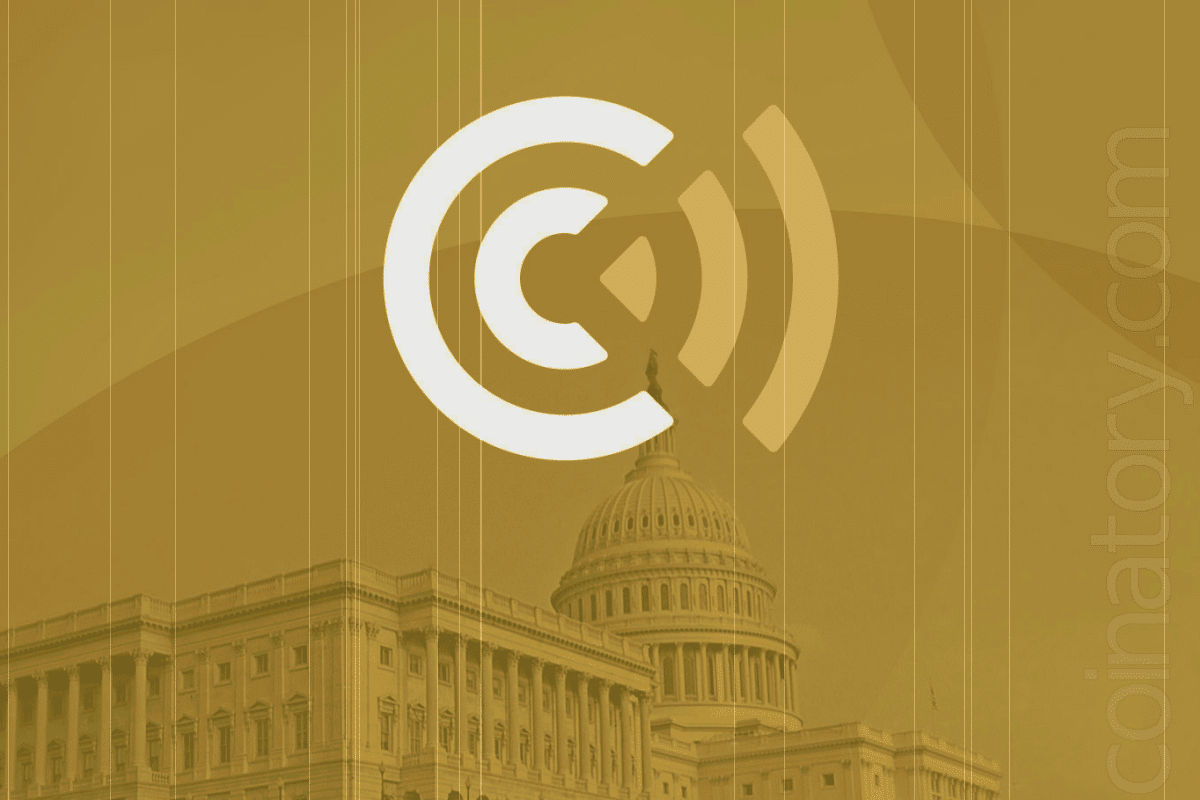
Coin Center, an eminent research and advocacy group in the digital currency field, has raised substantial objections against the Financial Crimes Enforcement Network’s (FinCEN) recent proposition. This proposal seeks to classify specific digital currency transactions as primary money laundering concerns (PMLC), especially focusing on cryptocurrency mixing. Coin Center criticizes the rule for its unprecedented, overly wide-ranging scope and potential infringement on constitutional rights.
This rule represents the first instance since Congress established the 311 power 23 years ago, where FinCEN designates a whole category of transactions as a PMLC. Coin Center points out the absence of previous cases, highlighting the legal uncertainties for those who might unintentionally engage in transactions now considered PMLC, risking severe economic and reputational damage.
In an open letter dated January 22, Coin Center expressed concerns about the excessively broad definition of virtual currency mixing, which could inadvertently criminalize legitimate transactions. The challenge lies in defining mixing transactions, distinguishing between valid privacy actions and illegal activities.
Another critical issue is the rule’s impact on domestic transactions. Coin Center argues that the current formulation fails to separate foreign and domestic transactions adequately, leading to undue scrutiny and reporting demands on a broad spectrum of domestic operations. The organization claims this overreach goes beyond FinCEN’s statutory authority under the PATRIOT Act, which is mainly focused on foreign transactions.
The organization also highlights potential constitutional conflicts, particularly with due process rights. It suggests that individuals and entities involved in legitimate digital currency transactions may unjustly suffer property or liberty losses without proper notice or hearing opportunities.
Given these concerns, Coin Center urges FinCEN to engage in further notice of proposed rulemaking (NPRM) to clarify the distinction between domestic and foreign transactions and to reconsider the rule’s impact on lawful cryptocurrency users. They advocate for explicit guidelines and a balanced strategy that respects individual freedoms while addressing money laundering concerns.
The resolution of this regulatory process holds substantial implications for the digital currency industry, especially regarding privacy and the legitimate use of digital currencies. The ongoing debate will be keenly observed by both the crypto community and regulatory agencies as they navigate this crucial aspect of financial regulation.







